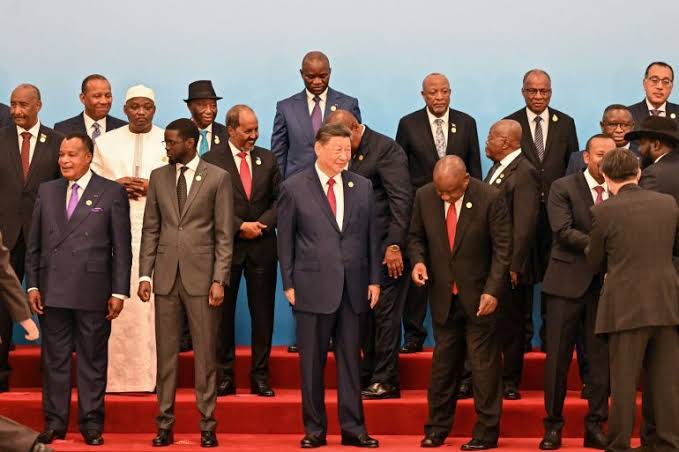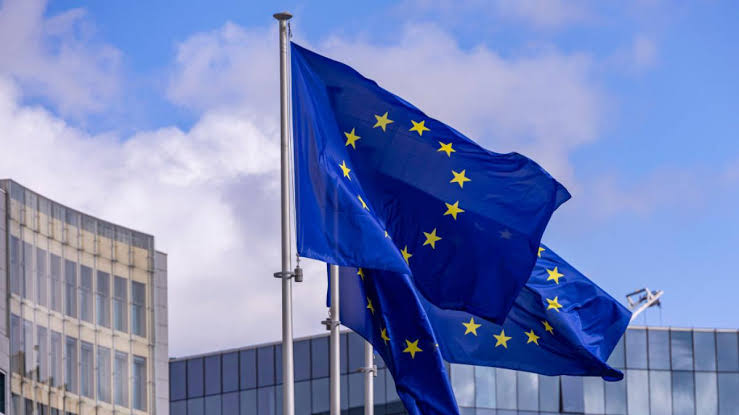
Faith Nyasuguta
In a landmark trade announcement, China has pledged to remove all import tariffs on goods from 53 African countries, excluding Eswatini, the only African nation without diplomatic ties to Beijing. This sweeping policy shift was announced on June 12, 2025, during the China-Africa Economic and Trade Expo in Changsha, and is seen as a bold move to deepen economic cooperation amid growing trade tensions between Africa and the West.
China’s Foreign Minister Wang Yi confirmed that the new tariff-free initiative will apply to every African country with diplomatic relations with China, which currently includes 53 of the continent’s 54 nations. Eswatini, which maintains formal ties with Taiwan, remains excluded.

Previously, China had extended tariff exemptions to 33 of Africa’s least-developed countries. The expanded policy now opens the Chinese market to middle-income African economies such as South Africa, Nigeria, Egypt, Morocco, and Kenya.
Wang Yi described the initiative as “a firm step toward mutually beneficial development,” saying China is ready to welcome more African products, especially in agriculture, textiles, and manufacturing.
The announcement comes as the United States considers raising tariffs on some African exports, stoking fears that access to Western markets may shrink. With the U.S. signaling possible trade restrictions under its “Liberation Day” policy, China’s gesture is being viewed as a strategic counterbalance, offering Africa a more inclusive path to global trade.

Africa’s economic players have welcomed the news, particularly countries that already maintain strong trade ties with China. In 2024, trade between China and Africa stood at approximately $296 billion, with China importing raw materials such as copper, cobalt, and oil, and exporting electronics, textiles, and industrial machinery.
The trade surplus remained in China’s favor by around $62 billion, but the new tariff policy is expected to narrow that gap by making African goods more competitive in the Chinese market.
Countries like Zambia, Ghana, and Tanzania are poised to benefit significantly, as their agricultural products, minerals, and textiles can now enter China duty-free. Kenya’s coffee, Nigeria’s sesame, Egypt’s oranges, and South Africa’s wine and citrus exports are among the key sectors expected to gain a boost. The move also aligns with China’s push for clean energy and manufacturing materials, opening opportunities for countries with lithium, cobalt, and rare earth elements.

However, challenges remain. Many African countries face hurdles in meeting China’s import quality standards, and limited infrastructure still hampers full-scale export readiness. To address this, China has pledged technical assistance, capacity building, and trade facilitation support.
Eswatini’s exclusion from the policy, due to its diplomatic recognition of Taiwan, highlights the geopolitical undertones of the decision. For decades, Beijing has used trade and investment incentives to pressure countries to sever ties with Taipei, and this latest move reinforces that approach.
China’s tariff removal plan signals a significant reorientation in Africa’s trade scene. As the continent seeks to diversify its export markets and strengthen intra-African production, China is positioning itself not just as a buyer, but as a long-term economic partner-at a time when Western engagement appears increasingly uncertain.
RELATED:








